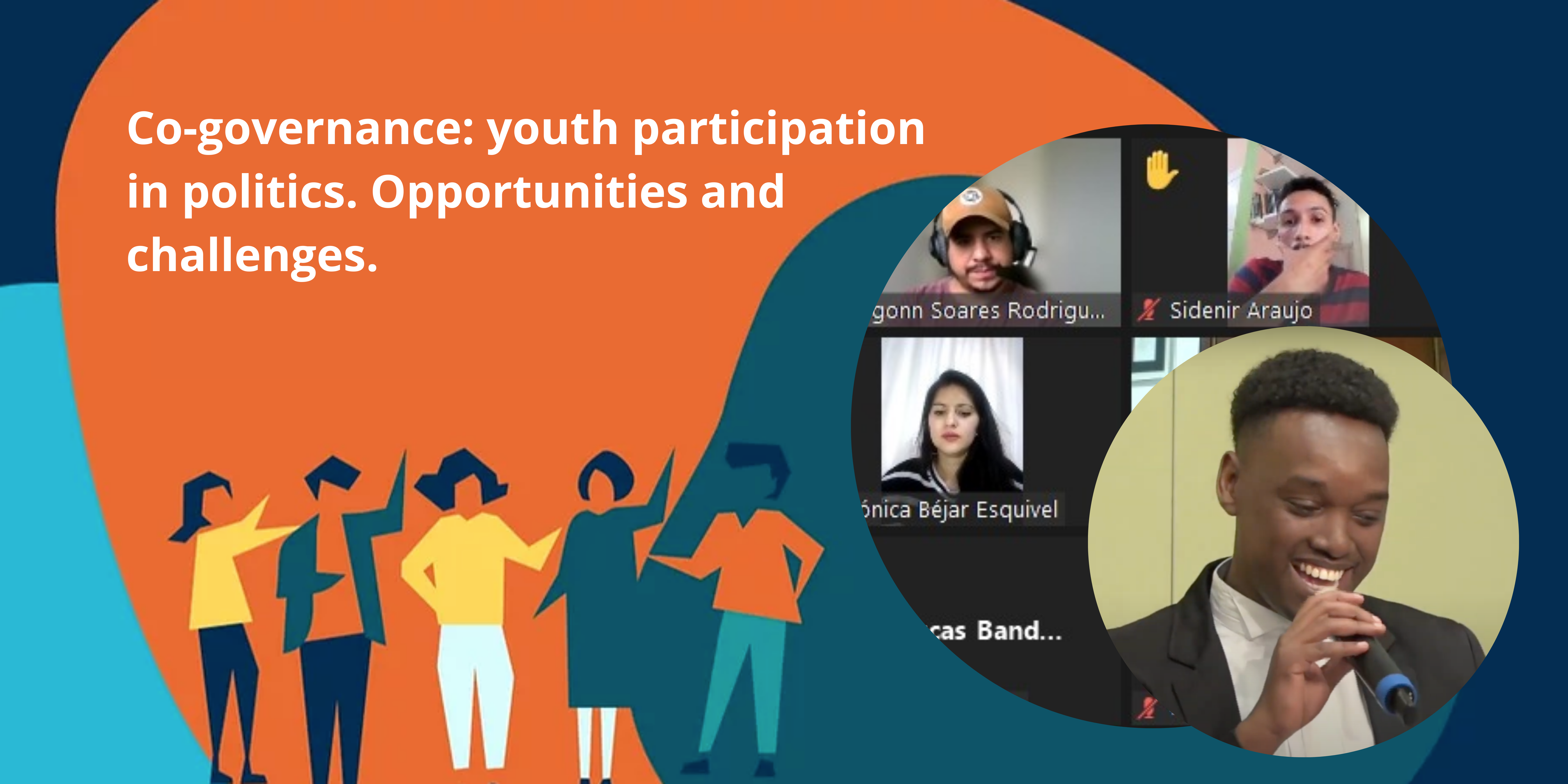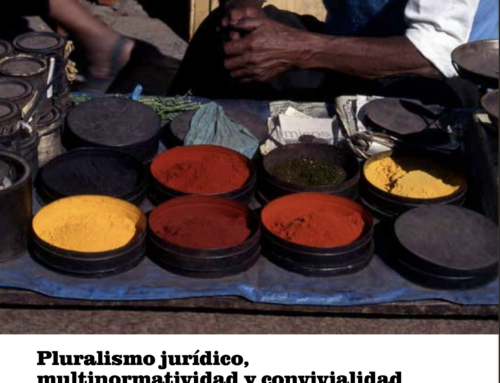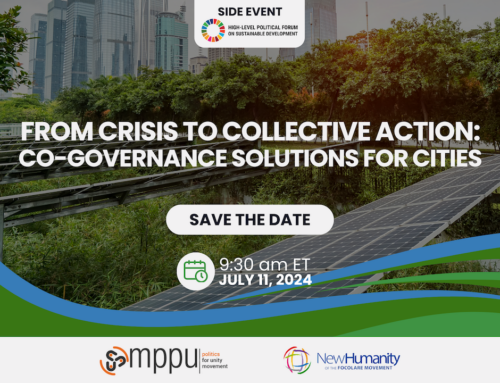Two years after the first Co-governance International Congress, the second one was held in Brazil from 9 to 12 October under the theme: “Co-governance as a process of construction of fraternity in politics, from the cities”. The event was conducted online directly from one of Focolare’s centres in Brazil: Mariápolis Ginetta in São Paulo.
by Adélard Kananira
Communication team collaborator
MPPU International Center
Around 700 participants across the world (Brazil, Argentina, Colombia, Mexico, Hungary, Spain ,Italia, Slovakia, UK, German, France, Israel, USA, Tunisia, Democratic Republic of Congo, etc.) were present. It brought together experts from the most diverse areas of knowledge, including politicians, researchers, students and those interested in the subject, with the main challenge of starting a joint exercise to rethink public relations and actions based on co-governance.
In the opening session, the emphasis was put on the conceptual basis of co-governance and the contributions that it intends to bring, especially for the Latin American region. “How do we want to live in our cities?” was the introductory question from María Fernanda Revollo, member of the Konrad Adenauer Foundation’s regional programme for indigenous political participation, politologist and professor of Ethics, who mediated the first panel on the first day.
She went further by explaining that co-governance can be a horizon of change for all of us, from the weaving of a network that makes up diversity of actors in the city. Javier Baquero – Professor of Public Policies and Under Secretary of Planning and Public Policy of Bogota City ( Colombia) and Erasto Mendonça -PhD in Education and Professor of the University of Brasilia, highlighted the challenges of co-governance, especially in the Latin American region, where it can be observed high levels of social inequality, imposition of particular interests and political fragility.
Nevertheless, it is known as a region with rich experiences of innovation, social protagonism and collective construction; which were recognized during the event as Good Practices on co-governance. “We can say that we are all in the same boat”, said Javier Baquero while suggesting to consider cities as a concrete space of citizenship. ”The governance process in this space needs to balance and involve all players so that this boat can follow the winds of the common good”. He added.
One of the main focal points of co-governance is also understanding the challenge of youth participation in Politics. In this regard one of the topics covered on the second day was Youth and Political participation. Several young people shared experiences of protagonism and political participation to inspire others and ensure that together we can promote great changes in our local context.
The panel was composed of 3 young people coming from different parts of the world. I was given an opportunity to be part of the panelists together with Verónica Béjar Esquivel from Peru and Felipe Lima from Brazil. We all agreed on one point: the lack of involvement of young people in politics. As a protagonist of the Together for a New Africa project, I brought the situation of Africa to the discussion which is not so different from the Latin America region.
I started by illustrating the situation in Burundi, underling that 75 percent of young people aged 18-29 are not interested in joining political parties, while 81 percent are likely to join non-political associations.I also try to explain the reasons behind this lack of participation, illustrating the fact that this situation is influenced by the background of the country which faced 12 years of civil war and is still struggling politically and socially to get on track.
Unfortunately, the lack of interest of young people in politics was a shared constant among the panelists. Verónica, talking about the situation in Peru, underlined the difference between the situation of today and the one of 10 years ago: ”[…] It should be noted that in 2016, the interest of the young population in politics increased by 22.4% compared to 2010, but it has now been reduced by 15.7%, which is attributed to the recent political crises” she said.
Felipe talked about the situation in Brazil, a reality that was close to more than a half of the participants. In Brasil, as shown by The Brazilian Institute of Geography and Statistics (IBGE, 2019), about 42.30% of the electoral population is made up of young people, considering here that range below 30 years old. However, in 2020, the year of the last election for councillors and mayors, only 8.44% of the candidates on national territory were young people.
Another research conducted by the Superior Electoral Court shows that only 20% of young people between 16 and 17 years old, the age at which voting is allowed, had issued electoral cards. “Everything leads one to believe that this scenario is due to the cases of corruption that have been particularly open in the last decade.”
Our cities need joined forces to be transformed for the better. For this, the contribution of young people is undoubtedly needed. Bad leadership, irresponsible politicians, wars, lack of support and trust in young people have expelled the young generation in the political spheres. The solution proposed by co-governance is learning to build our respective areas, join our forces, strength and knowledge for the sake of our cities.
However, there is hope for a bright future. During my intervention, I had an opportunity to introduce Together for a New Africa project. A project which has a vision of promoting a continent characterized by responsible and participatory governance and contributing to the common good. It aims to bring change in Africa through formation and giving training on leadership for the young generation as an insight for active citizenship.
The project recognizes the contribution of youth as the main resource for change and development. Their contribution is more than important to abolish tribalism, ethnicity and corruption which are the main challenges for better leadership in many parts of Africa. Together for a New Africa brings together many young people who dream for change and are committed to make that dream become reality, starting from where they live: their village, their cities and their countries.
Its ambition is to lay the foundations for a new class of leaders that is forward-looking and rooted in African values, that can worthily administer public policy and create a new model of leadership.
The project was initiated by young Africans, students at the Sophia University Institute in Italy. It was launched in Kenya in 2018. The project is composed of a 3 year formation (10 days per year) which gathers 150 students, tutors and teachers from the East Africa community (Kenya,Uganda,Rwanda, Burundi,Tanzania, Sud Sudan) and RDC. Young people who are active in their respective communities for one common goal: seeing political, economic and social changes in Africa.





Leave A Comment